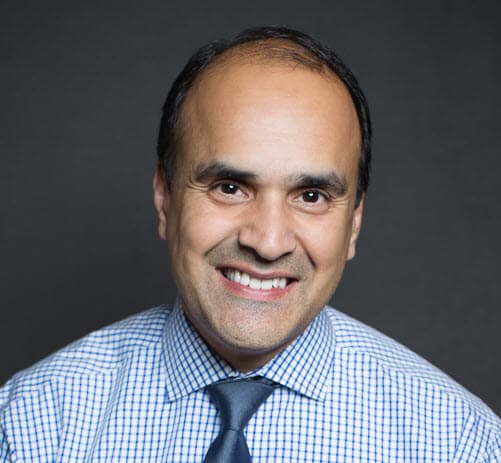
@ShahidNShah

Zach Watson over at Technology Advice.com wrote a nice piece on EHR Trends in Nashville. I’m not a big fan of “trends” articles because trends aren’t that important, the implications of those trends and how to operationalize the implications are most important. I enjoyed Zach’s article so I asked him to tell us what those trends mean for EHR buyers and health IT vendors writ large. Here’s what Zach said:
Our study of office-based physicians across the city of Nashville to gain insight into which EHR systems they were using, as well as how pleased they were with their systems revealed these insights:
We chose to survey Nashville because of the city’s vibrant technology market, which includes an eclectic healthcare IT industry subset. Spotlighted in the Wall Street Journal, Nashville’s healthcare market features billion dollar organization Hospital Corporation of America, and has played host to over a billion dollars of investment capital in the last decade.
For buyers of electronic medical records, several key points can be taken from the results of the study.
For specialists, a mix of specialty specific products and highly customizable options has led to higher satisfaction than previously recorded averages. For example, 75 percent of dentists in Nashville use a best of breed system, such as Dentrix or Patterson Eaglesoft. The Satisfaction of dentistry EHR users was 8.5/10: significantly higher than previously tallied national averages. Not only do best of breed EHRs still have a place in the market, it seems that providers who chose such platforms realize high satisfaction rates.
However, it’s not quite as simple as just choosing a best of breed platform. Many other specialties – from Radiology, to Pulmonary Disease, to ENTs and Podiatry – reported using eClinicalworks, the market leader in Nashville. These providers were mostly satisfied with their selection as well as eClinicalWorks averaged an 8.5/10 satisfaction rate, leaving one to wonder what the answer truly is: a more general platform, or a best of breed solution.
Examining eClinicalWorks platform can provide some insight. Specialty EHRs are defined by their alignment with the workflow of a particular type of physician, particularly in the charting feature. Basically, good templates can result in satisfied users. Though eClinicalworks services a broad market, it has a particularly robust customization feature. Branded eCliniSense, this function stores information about past diagnoses, such as labs and diagnostic imaging orders, which can then be used to construct ordersets (in this context synonymous with templates) based on usage data. This feature can make creating customized templates much easier, which can allow providers to speed up their work, rather than struggling to populate the same fields over and over again.
To be clear, eClinicalWorks is not the only software to feature highly customizable templates, but given the diversity of specialists that use it in the Nashville market it’s clear that if specialists don’t go with a best of breed platform, they should seek a platform with customizable modules and templates.
Essentially, they should find a system that lets them create their own best of breed solution.
Another surprising finding was the absence of Epic in Nashville’s office-based physician population, as well as Practice Fusion’s prominence (it has the second-highest market share). These results seem to suggest that price is a large factor in EHR purchases in the Nashville market.
Epic is renowned for its high prices, so much so that it makes for good headlines. Practice Fusion is free, and is increasing its market share on a national level at a faster pace than any other vendor (this is also supported by its strong showing in the Nashville market). Of Practice Fusion users in Nashville, 20 percent were on their second EHR, again indicating that the price of this cloud-based vendor may have been an incentive (especially if they had lost money on their last EHR investment).
Providers are often admonished not to let price rule their EHR buying process, but the Commonwealth Fund’s recent study found that small and single physician practices lag behind other EHR populations in terms of adoption. What’s slowing them up? Price.
Despite Meaningful Use incentive money, EHRs are still not cheap, and federal subsidies don’t cover the productivity loss or drop in quality scores that sometimes accompany the shift from paper to digital records. EHRs like Practice Fusion and Kareo are offering free models that these small practices can afford. Depending on which source you trust – the National Center for Healthcare Statistics’s 78 percent or SK&A’s 61 percent – the number of providers adopting EHRs has reached a tipping point, and the laggards are balking at the price.

Shahid Shah is an internationally recognized enterprise software guru that specializes in digital health with an emphasis on e-health, EHR/EMR, big data, iOT, data interoperability, med device connectivity, and bioinformatics.
Connecting innovation decision makers to authoritative information, institutions, people and insights.
Medigy accurately delivers healthcare and technology information, news and insight from around the world.
Medigy surfaces the world's best crowdsourced health tech offerings with social interactions and peer reviews.
© 2025 Netspective Media LLC. All Rights Reserved.
Built on Mar 12, 2025 at 5:07am